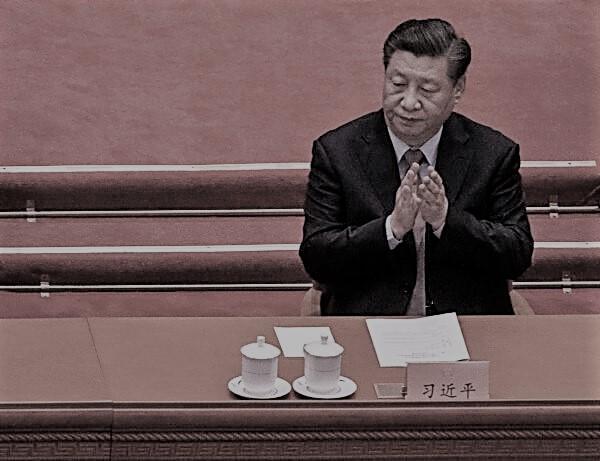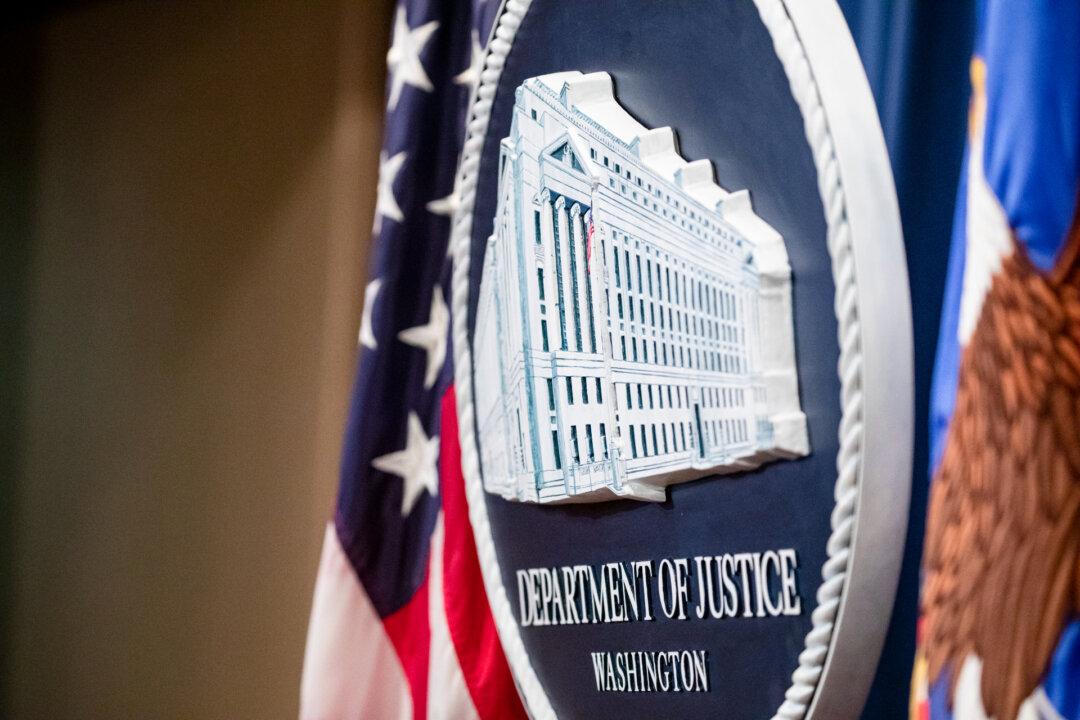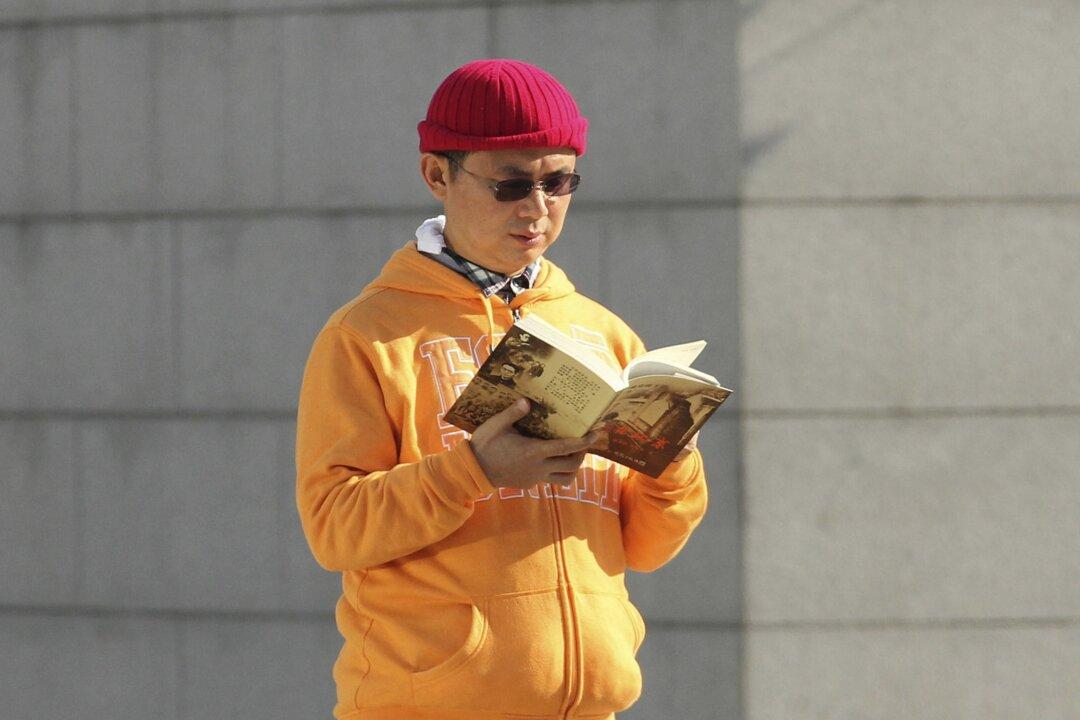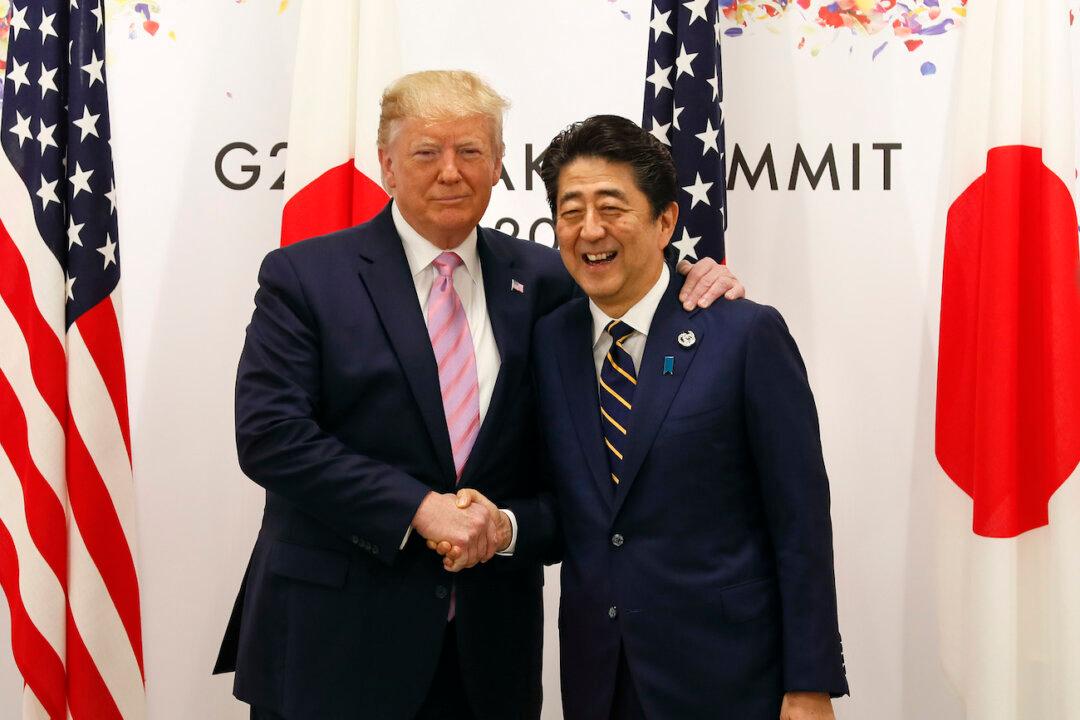The Chinese Communist Party (CCP) will have its sixth plenum in early November amid heightened concerns about its troubled economy and foreign relations. One analyst has further said the meeting comes amidst increased infighting and purges.
On Oct. 18, the CCP’s Politburo announced the sixth plenum of its 19th Central Committee would convene between Nov. 8-11 in Beijing, according to state media outlets. The date clarification came after a rare, unexplained delay compared to the previous meeting dates, usually in September or October.





